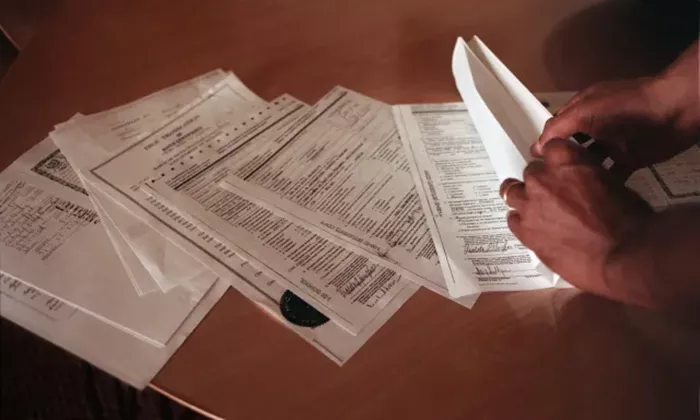A jury has ruled that Cognizant, a major supplier of workers to Silicon Valley’s technology sector, intentionally discriminated against non-Indian employees. The verdict was delivered on Friday in a class-action lawsuit that accused the company of misusing the H-1B visa program, which is designed for skilled workers. The verdict highlights significant concerns about employment practices within the tech industry, particularly regarding how firms secure and allocate labor.
The lawsuit was initiated in 2017 by three U.S.-born employees—Vartan Piroumian from California, Christy Palmer from Arizona, and Edward Cox from Texas—who are identified as Caucasian. A fourth plaintiff, Jean-Claude Franchitti, a green card holder from France, later joined the case. They argued that Cognizant systematically removed non-Indian employees from projects, often placing them on unpaid leave, a practice referred to as “benching,” before ultimately terminating their employment.
Cognizant, which began in Chennai and is now based in New Jersey, expressed disappointment with the verdict and announced plans to appeal. In a statement, the company emphasized its commitment to providing equal employment opportunities and maintaining a diverse workplace. “Cognizant does not tolerate discrimination and takes such claims seriously,” the statement read.
According to federal data, Cognizant secures hundreds of H-1B visas annually for Indian workers to fill positions at various Bay Area companies, including tech giants like Google, Meta, and Apple. Ron Hira, a Howard University professor who studies the H-1B program and testified for the plaintiffs, pointed out that in 2019 alone, nearly 60,000 foreign workers on H-1B visas were approved for jobs in the Bay Area, the majority of whom were from India.
The H-1B visa program has become a contentious political issue. Critics argue that it leads to the replacement of U.S. workers with visa holders, while the tech industry advocates for increasing the annual visa cap, which currently stands at 85,000. Hira noted that Cognizant has been accused of applying for visas tied to non-existent jobs, a strategy that may hinder other companies looking for qualified U.S. workers.
The plaintiffs detailed their experiences in the lawsuit. Piroumian, an experienced software engineer who joined Cognizant in 2012, claimed he was often removed from client projects and replaced by less qualified Indian workers. He was benched in mid-2017 and subsequently terminated six weeks later due to company policy on extended bench time.
Cox, who had decades of experience and started at Cognizant in 2014, was also benched in January 2017. Despite applying for multiple positions within the company, he alleged that less qualified Indian employees were favored, leading to his termination while he was benched in April.
Palmer, employed since 2012, claimed she faced similar treatment. Although she was not benched, she reported being regularly removed from projects and replaced with Indian workers. She also alleged being excluded from team meetings and experienced hostile treatment from Indian managers, prompting her to resign in 2016.
Franchitti, who holds a PhD in computer science, worked at Cognizant for nine years. He claimed that, despite bringing in new business, his manager consistently chose to staff projects with visa-holding employees from India rather than qualified non-Indian workers already available in the U.S. He was eventually fired after raising concerns about being pressured to sign fraudulent invitation letters for non-existent jobs related to H-1B visa applications.
The lawsuit alleges that Cognizant’s practices have created a preferential system for Indian workers. It claims that non-Indians are frequently sidelined and placed on the bench, while opportunities are primarily given to Indian nationals.
The jury has recommended punitive damages against Cognizant, marking a significant moment in the ongoing discussion about labor practices in the tech industry.
Related topics:
- Qatar is the First Gulf Nation to Join the U.S. Visa Waiver Program
- Senators Propose Visa Integrity Preservation Act to Close U.S. Immigration Policy Loopholes
- Sri Lanka to Exempt 35 Countries from Visa Requirements Starting October 1, 2024


